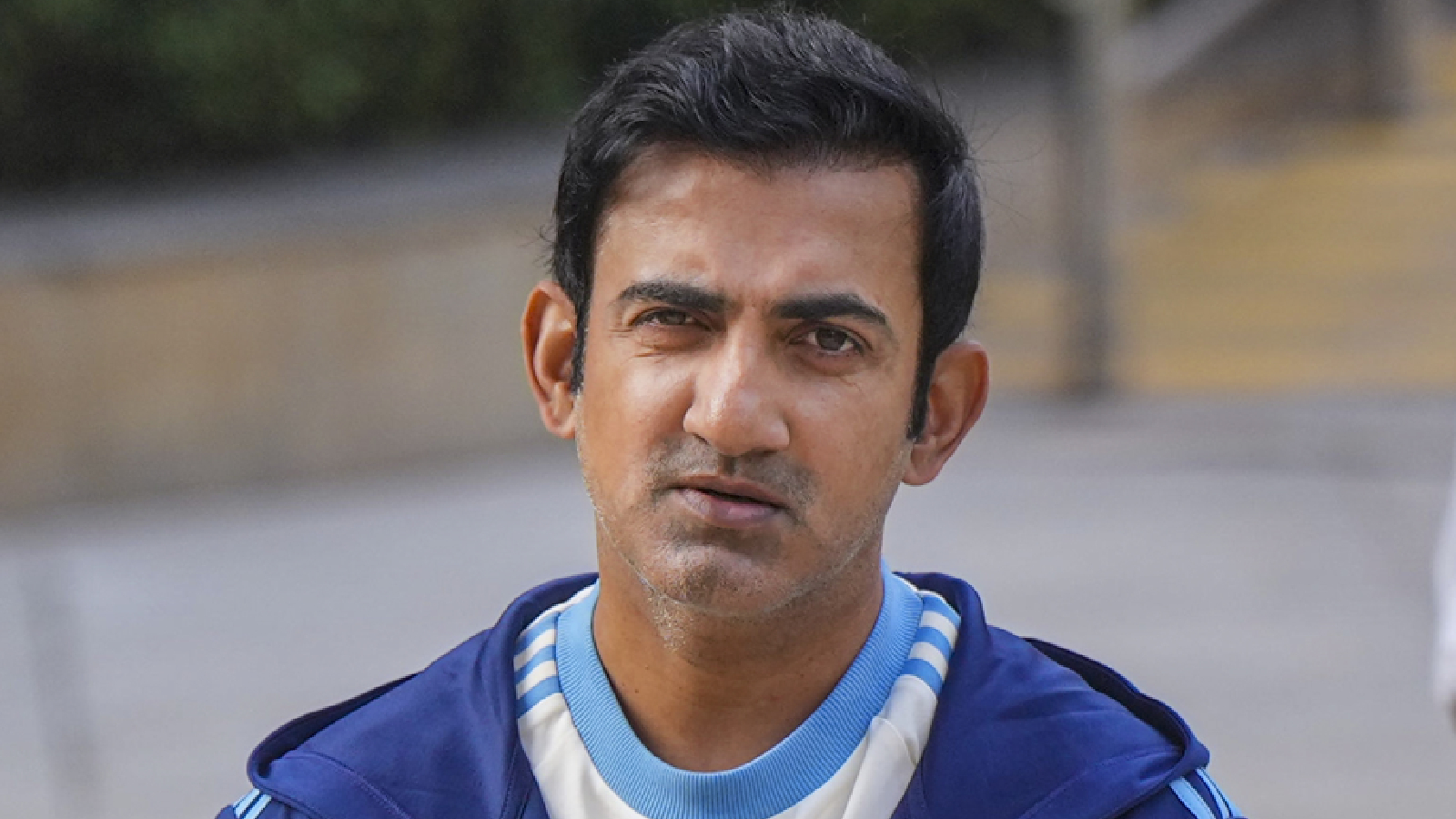 |
|
The recent verbal sparring between India's head coach, Gautam Gambhir, and Australian cricket legend Ricky Ponting has ignited a debate within the cricketing world, with former Australian captain Tim Paine weighing in on the controversy. The conflict stemmed from Ponting's commentary on Virat Kohli's recent batting form, a critique that Gambhir vehemently rejected, questioning Ponting's relevance to Indian cricket. Paine, speaking on SEN Tassie, defended Ponting's right to offer his opinion as a commentator, highlighting that Ponting's assessment of Kohli's slump was accurate and that his role is to provide analysis, not to refrain from expressing his professional insights. Paine's defense of Ponting wasn't just a matter of supporting a fellow cricketer; it served as a launching pad for a broader critique of Gambhir's coaching style and its potential impact on the upcoming Border-Gavaskar Trophy.
Paine's criticism extended beyond the immediate Ponting-Gambhir exchange, delving into a comparative analysis of Gambhir's coaching approach and that of his predecessor, Ravi Shastri. He lauded Shastri's ability to cultivate a positive and energized team environment, citing India's two historic series wins in Australia under Shastri's leadership as evidence of his success. Paine described Shastri's coaching style as passionate yet light-hearted, effective in motivating players and fostering a cohesive team spirit. In stark contrast, Paine characterized Gambhir's style as 'prickly' and 'competitive', expressing concern that this approach might not be the optimal fit for the Indian team. This comparison wasn't meant to disparage Gambhir's coaching abilities entirely, but rather to highlight the contrasting styles and their potential implications for India's performance in the upcoming series.
The core of Paine's concern revolves around Gambhir's perceived inability to maintain composure under pressure. He argued that Gambhir's overreaction to Ponting's comments revealed a potential vulnerability that could negatively affect the team's performance in high-stakes matches. Paine suggested that Gambhir's temperament, while perhaps beneficial in certain situations, might prove detrimental in the intense pressure cooker of a high-profile series like the Border-Gavaskar Trophy. The intensity of the series, with its long-standing rivalry and significance for both teams, demands not only strong individual performance but also a cohesive and emotionally stable team environment. Paine's apprehension, therefore, stems from the belief that Gambhir's approach, while characterized by competitiveness, might ultimately undermine the team's unity and ability to cope with the pressures of international cricket.
The implications of Paine's assessment are far-reaching. It raises questions about the crucial role of a coach in managing player emotions and fostering a supportive team atmosphere. It challenges the notion that a purely competitive coaching style is always beneficial, highlighting the potential negative consequences of an overly aggressive approach. Moreover, Paine's comments underscore the importance of evaluating a coach's leadership qualities not only based on their tactical prowess but also on their emotional intelligence and ability to navigate high-pressure situations. The debate extends beyond personal opinions; it touches on fundamental aspects of team dynamics and leadership in high-performance sports. Ultimately, Paine's analysis serves as a cautionary note, suggesting that Gambhir's coaching style, while perhaps effective in certain contexts, could prove to be a significant obstacle in India's quest for victory in the upcoming Border-Gavaskar Trophy.
The contrasting coaching styles of Gambhir and Shastri bring into focus the various approaches to managing a team in international cricket. While Gambhir's approach seems to prioritize intense competition and a confrontational style, Shastri's method emphasized positivity, team unity, and fostering an enjoyable environment. Whether one approach is superior to the other is a matter of debate, and the success of each will likely depend on the specific dynamics of the team and the demands of the competition. Paine's insightful observations highlight the complexities involved in coaching high-pressure environments and the importance of understanding the nuances of team dynamics to achieve optimal performance. The upcoming Border-Gavaskar Trophy will serve as a crucial test for Gambhir's coaching philosophy and its impact on the Indian team's success.
Source: Tim Paine says Gautam Gambhir not a right fit for Indian team, praises Ravi Shastri
